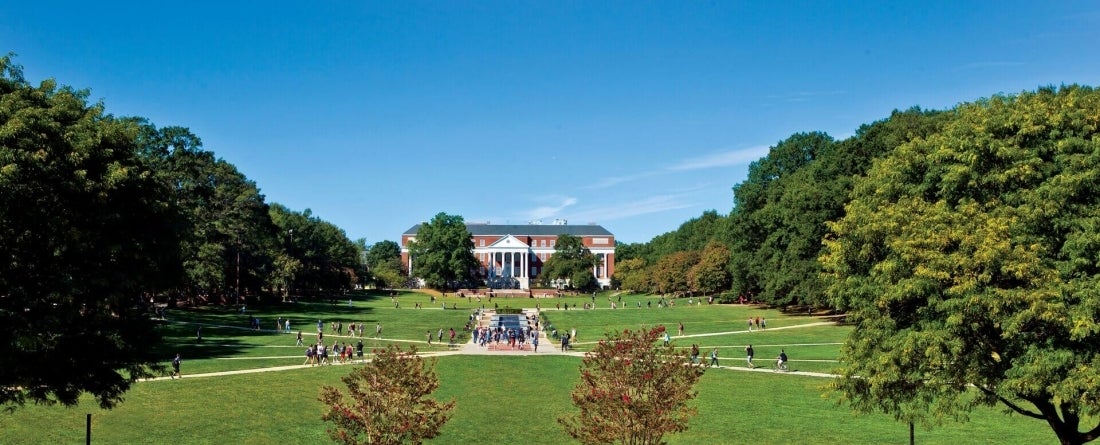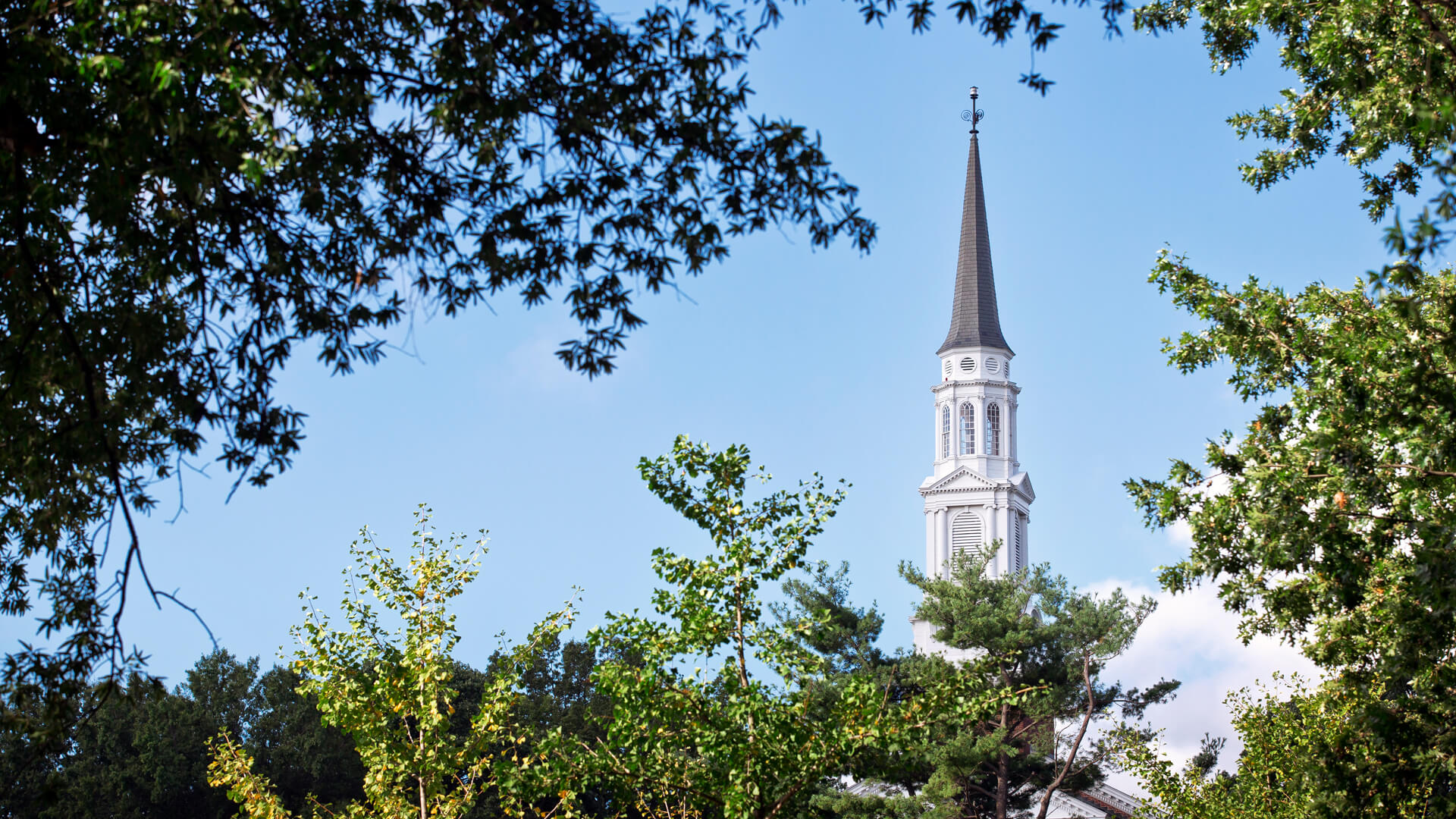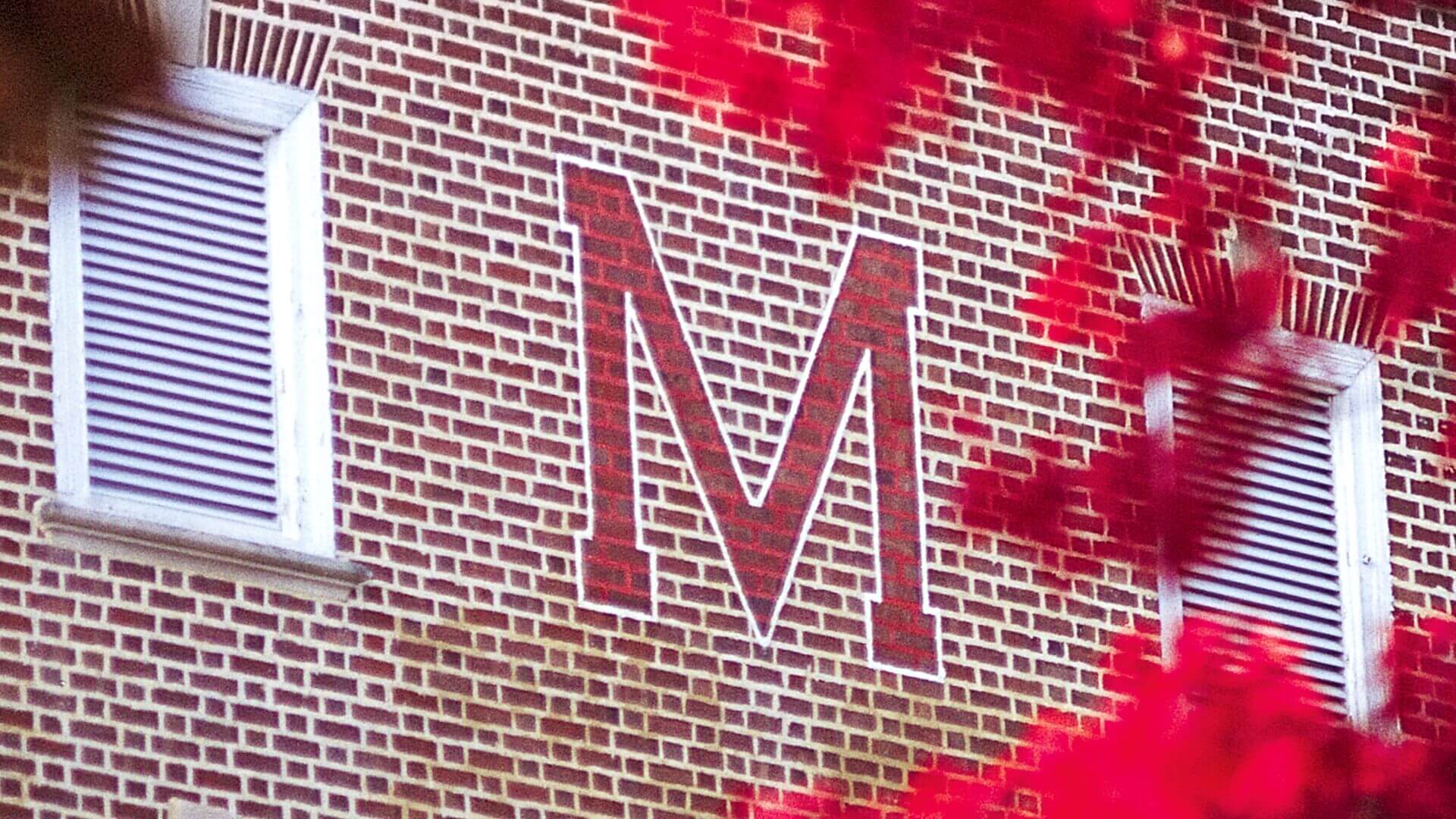
The Do Good Institute and its Do Good Challenge are excited to announce the selection of six 2018 Do Good Challenge finalists. The six teams were selected from 113 teams who aim to do good on campus, in the community, and globally. Teams are addressing social issues ranging from prenatal health to sustainability and recycling to mental health to Alzheimer’s detection.
Teams include students from seven colleges and schools, including College of Agriculture and Natural Resources; College of Arts and Humanities; College of Computer, Mathematical and Natural Sciences; College of Education, Individual Studies Program; James Clark School of Engineering; School of Public Health; School of Public Policy; and Robert H. Smith School of Business. In addition, students are involved in programs across campus including, Beyond the Classroom; College Park Scholars; Entrepreneurship and Innovation Program; CIVICUS, Global Public Health Scholars; and Honors College.
On May 1, the final teams will pitch their project or venture to a panel of judges and an audience of hundreds and share the impact they’ve made for the chance to win a share of more than $20,000. Join us for this exciting event - register online here.
There will be two panels of judges. Judges include:
- Michelle Gilliard, Partner, Venture Philanthropy Partners
- Kahlil Kettering, Urban Conservation Director, The Nature Conservancy, DC/MD Chapter
- Linda Powers, founder, Miles for Smiles
- Dana Priest, two-time Pulitzer price winner, John S. and James L. Knight Chair in Public Affairs Journalism, University of Maryland
- Ben Simon, CEO, Imperfect Produce
- Jed Woelfle, CFP, Managing Director, Morgan Stanley
Do Good Challenge Prizes:
- 1st Place Project: $5,000
- 2nd Place Project: $2,500
- 3rd Place Project: $1,000
- 1st Place Venture: $5,000
- 2nd Place Venture: $2,500
- 3rd Place Venture: $1,000
- Finalist Audience Choice Award: $1,500
- Showcase Audience Choice Award: $1,000
- Showcase Audience Choice Award Runnerup: $750
Projects
Nourish: Mommy and Meis a student organization that aims to support pregnant women and their children and provide them with healthy foods to sustain them throughout their pregnancy. Nourish partners with Gabriel Network, a nonprofit organization that helps mothers in crisis pregnancies in Prince George’s County and Howard County. Nourish provides the mothers residing in Gabriel Network’s maternity home boxes with reliable, nutritious, and delicious food each week. This year, the team has already provided 156 boxes through 15 delivery days and plans to deliver an additional 75 by the end of the semester.
- Sarah Dudley, School of Public Policy, Beyond the Classroom
- Samantha Kennedy, School of Public Health
Scholars Promoting and Revitalizing Care (SPARC) seeks to address gaps in mental health resources at the University of Maryland by advocating for increased accessibility, funding, and staffing for campus mental health facilities. The team also works to raise awareness about existing resources on campus and encourages students to prioritize and dialogue about mental health. SPARC sent an awareness letter to 1,200 UMD employees and administrators, distributed over 5,000 resource cards and flyers, and held other events and dialogues with students and administrators, including the university President. SPARC's social media efforts reached over 50,000 individuals.
- Anthony Sartori, College of Behavioral and Social Sciences
- Roxy Kazem, Robert H. Smith School of Business, Scholars Program, College Park Scholars (Public Leadership)
- Kirsten Brockett, Individual Studies Program
- Sreya Gunna, Individual Studies Program, CIVICUS
- Ferddy Gedeon, Individual Studies Program, College Park Scholars (Science Discovery and the University)
- Alyssa Schledwitz, College of Computer, Mathematical and Natural Sciences, College Park Scholars (Life Sciences)
Terp Thon, the largest student-run philanthropic organization at the University of Maryland, raises funds and awareness For The Kids at Children’s National Health System. Throughout the year, Terp Thon hosts various events, fundraising activities, and awareness campaigns, which culminate in a 12-hour Dance Marathon each March where students stand in support of current and former patient families of Children’s Miracle Network Hospitals. All of the funds raised provide patients and families with top-notch medical care and array of support programs transforming their experience at the hospital. This year 2,600 individuals participated in the Dance Marathon and Terp Thon raised over $734,000 to support patients at Children's National.
- Amara Fox, School of Public Health, College Park Scholars (Global Public Health)
- Kate Burgess, School of Education
- Elizabeth McKinley, School of Education
- Brenna Hohl, James Clark School of Engineering, University Honors
- Kelly Stipa, Robert H. Smith School of Business and College of Arts and Humanities, University Honors
Ventures
Recyclify is developing a phone application and smart bin to increase recycling rates at the University of Maryland. Currently, 54 percent of recycling bins at the STAMP Student Union are contaminated with materials that are non-recyclable. Because of the high rate of contamination, these bags are sent to the landfill. Recyclify aims to educate and incentivize students through the app with a “Green Score” that provides redeemable points at STAMP food court locations. Recyclify has already been awarded a $1,500 Earth Mini-Grant from the Office of Sustainability and will be working closely with Dining Services and Facilities Management to develop their prototype. Recyclify implemented bi-weekly recycling bin audits in the fall and spring semesters, logging over 100 pilot hours. In the spring pilot they have consistently hit their target of a 90% recycling rate, with the best audit achieving a 95% recycling rate/5% contamination rate. Recyclify plans to continue piloting the rest of the semester and increasing its vendor sponsorships.
- Ardalan Djourabtchi, Robert H. Smith School of Business
- Christopher Langreo, College of Computer, Mathematical and Natural Sciences
- Jason Malkofsky-Berger, Robert H. Smith School of Business
Symbiont Healthis working to accelerate the response and rescue of the elderly who lose consciousness and fall through an enhanced medical alert system. This organization’s device and alert system detects falls through motion sensor and gyroscopic technology. It is looking to expand its services by implementing a mesh networking system for WiFi routers to better track patient behaviors and real-time, vital diagnostic information. The group has a prototype and plans to test the router hardware in three homes—Sunrise, Brightview, and Manorcare—this summer. Symbiont has been conducting extensive stakeholder research through its customer discovery campaign and has interviewed over 50 stakeholders during the Challenge and received over 1,000 survey responses. Symbiont has raised $20,000 this year.
- Erich Meissner, James Clark School of Engineering, Honors College (Entrepreneurship and Innovation)
- Kyle Liu, College of Computer, Mathematical and Natural Sciences, University Honors
- Maria Chen, College of Computer, Mathematical and Natural Sciences, Honors College (Integrated Life Sciences)
Synapto is an early stage biotech company revolutionizing Alzheimer's diagnosis through portable EEG and Machine Learning. Currently, Alzheimer's is the sixth leading cause of death in the United States, affecting nearly 44 million people worldwide. According to the 2016 World Alzheimer Report, 20 to 50% of patients were not properly diagnosed in middle to high income countries, and due to lack of medical infrastructure and access to care, less than 10% were diagnosed in low-income countries. Their innovative device moves away from costly neuroimaging diagnostic techniques and qualitative methods of diagnosis to a more robust, affordable, and objective measure of analysis, a portable Electroencephalogram (EEG). They are currently seeking FDA approval (under the 510(k) Class 2 Medical Device Pathway) to continue their work. Synapto has already won 1st place in National Institute of Health’s DEBUT competition and has been featured in more than 27 news outlets including Forbes, Science Magazine, and Washingtonian. This year they secured approximately $25,000 in funding.
- Dhruv Patel, James Clark School of Engineering, College Park Scholars
- Christopher Look, College of Computer, Mathematical and Natural Sciences, James Clark School of Engineering, Honors College (Entrepreneurship and Innovation)
- Anoop Patel, College of Computer, Mathematical and Natural Sciences, James Clark School of Engineering, Honors College (Design Cultures & Creativity)
- David Boegner, James Clark School of Engineering
- Megha Guggari, College of Computer, Mathematical and Natural Sciences, Honors College (Integrated Life Sciences)



